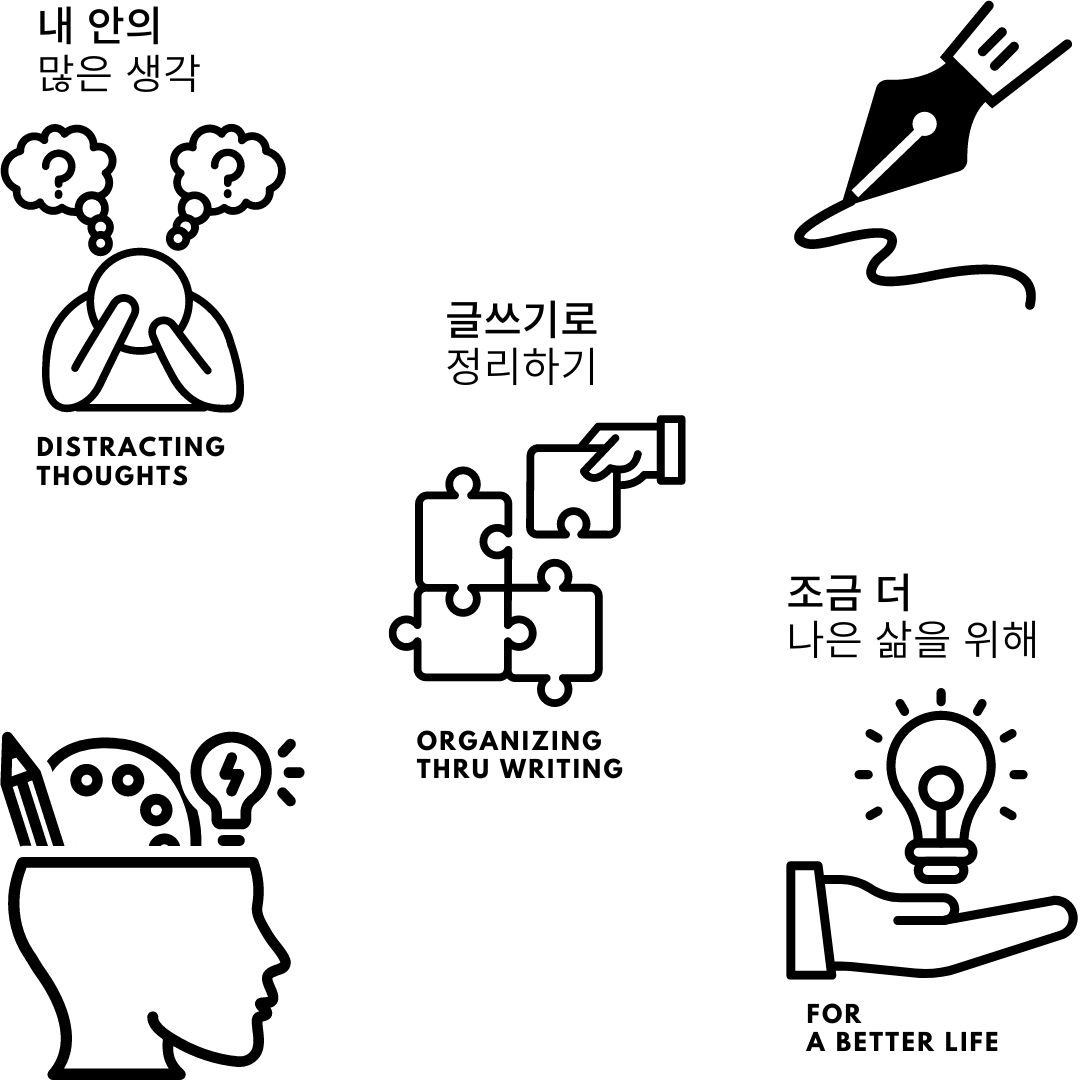In the middle of a conversation with friends, I suddenly feel that everything about this moment is strangely familiar. It’s as if I’ve been through this exact scene before, with the laughter, the topic of discussion, and even the atmosphere itself feeling anything but new.
As I walk down a road I’ve never been on, an odd feeling of déjà vu creeps in, like I've taken these very steps before. Though it’s my first time here, each step feels like a second.
We call this feeling “déjà vu.” It’s hard to say with certainty that it’s a memory of a past experience, but that powerful sense of familiarity often stops us in our tracks. Though it defies explanation, in that brief moment, it feels as if past and present intertwine.

Yet, déjà vu is, in truth, a kind of illusion. Our brains confuse a new experience with a blurry memory of something similar, creating an impression of familiarity. It’s a situation we’ve never actually encountered, but in those few moments, it gifts us a sense of wonder that takes us out of the ordinary, into a world that feels almost magical.
At times, we wish to explain déjà vu as something beyond mere illusion—a glimpse of a past life or a vision of the future. In that moment when something unfamiliar feels strangely recognizable, we yearn to believe there’s hidden meaning within it.
Science defines déjà vu as a cognitive illusion, but we find our own interpretations within the mysterious feeling it gives us. Perhaps, in those moments, we’re granted a fleeting gift of wonder, a mystery to savor.

When we try to explain déjà vu scientifically, the magic begins to fade. Just as science reduces love to a chemical process in the brain rather than a feeling of the heart, déjà vu too loses its allure when it is seen merely as a cognitive error.
Sometimes, leaving things unexplained is more beautiful. Left as an inexplicable mystery, it shines all the brighter in our imagination.
'Monologue' 카테고리의 다른 글
| Happiness Isn’t Measured in Size (0) | 2024.11.18 |
|---|---|
| The Lost Meaning of Religion in Modern Society: From Faith to Interest Groups (3) | 2024.11.11 |
| How Were Your Last Ten Months of 2024? (3) | 2024.10.31 |
| Looking for Someone to Listen to My Concerns (3) | 2024.10.01 |
| People Competing in a Hamster Wheel (4) | 2024.09.29 |
